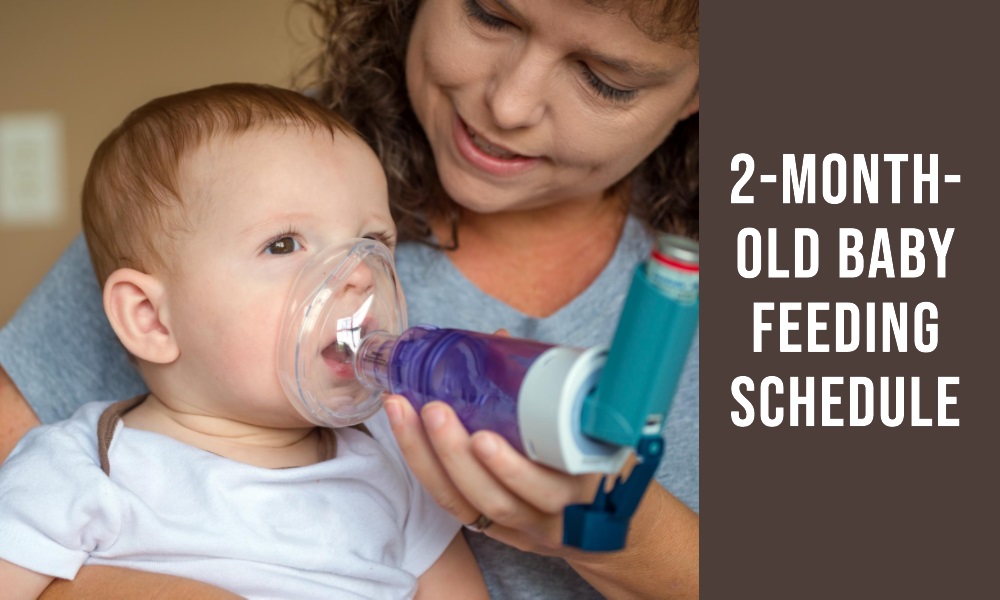Congratulations on entering the third week of your baby’s life! Feeding becomes a central focus for parents, given that it’s intrinsically tied to growth and well-being. If you find yourself constantly asking, “How much should my 3-week-old eat?”, you’re not alone. This guide aims to answer that question, taking into consideration both breastfed and formula-fed babies, signs of adequate nutrition, and when to seek professional help.
Breastfeeding: Nature’s Own Formula
During the first few weeks, breastfeeding is often on-demand and can vary significantly from baby to baby.
Feeding Frequency and Duration
Generally, expect to feed your baby 8-12 times in 24 hours. Each session might last from 15 to 20 minutes per breast. It’s essential to watch for signs of hunger such as increased alertness, mouth movements, or crying, and not just the clock.
Volume and Satiation
It’s difficult to gauge the exact amount your breastfed baby consumes. Focus on signs of satiation like falling asleep, releasing the nipple, or turning away, and trust your baby to take what they need.
Formula Feeding: Measuring It Out
Formula feeding comes with its own set of questions and concerns.
How Much Formula?
A 3-week-old baby generally consumes 2-3 ounces of formula per feeding. The feeding might occur every 3 to 4 hours, totaling 24-32 ounces in a day.
Ready, Set, Feed
Always ensure you prepare the formula as instructed on the packaging. An incorrect mixture could either provide insufficient nutrients or lead to digestive issues.
Are They Getting Enough? Signs to Watch For
Worries about underfeeding are common, but there are several reliable indicators of adequate feeding.
Weight Gain
Your baby should gain approximately 150-200 grams or around 5-7 ounces per week.
Diaper Output
6-8 wet diapers and at least 1-2 bowel movements per day are typical for a 3-week-old.
Overall Well-Being
A well-fed baby is generally content, has good skin tone, and periods of alertness.
When to Consult a Pediatrician
Immediate consultation with your healthcare provider is crucial if you observe:
- No weight gain or weight loss
- Persistent crying and irritability
- Fewer than five wet diapers in 24 hours
- Symptoms of dehydration such as dry mouth or sunken eyes
Frequently Asked Questions
Q: Can I overfeed my 3-week-old?
A: Overfeeding is more common in formula-fed babies. Signs include spitting up, gas, or fussiness. If you’re concerned, consult your pediatrician.
Q: Should I wake my 3-week-old baby for feedings?
A: Until your baby regains their birth weight, it’s advised to wake them every 3 to 4 hours for a feeding session.
Q: How do I know when my baby is full?
A: For breastfed babies, signs include releasing the nipple or falling asleep. For formula-fed babies, stopping sucking or turning away from the bottle are indicators.
Q: Is it time to introduce solid foods?
A: Pediatric guidelines recommend exclusive breastfeeding or formula feeding until the baby is around 6 months old.
Conclusion
Feeding your 3-week-old is a significant task, but it doesn’t have to be a stressful one. Understand your feeding option, recognize signs of adequate feeding, and consult a healthcare provider when in doubt. Remember, no two babies are the same; what works for one might not work for another. Happy feeding!








